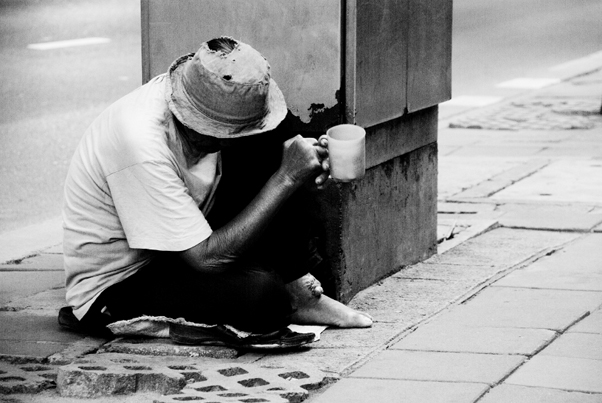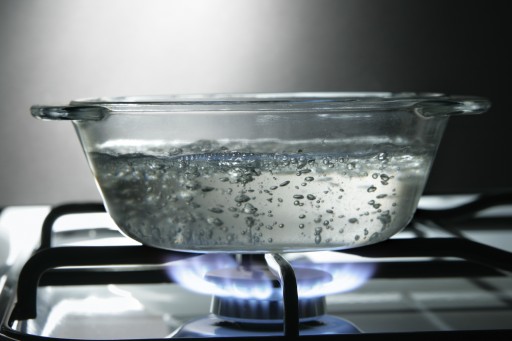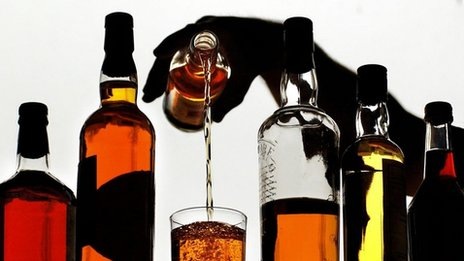Swedish News:
How much the Swedes drink. 100,000 must boil water. Begging ban?
-
 Ban begging? Most Swedes would like to see a ban on the begging in the streets, a fairly new phenomenon in Sweden.
Ban begging? Most Swedes would like to see a ban on the begging in the streets, a fairly new phenomenon in Sweden. -
-
How much the Swede drinks
Increased wine consumption but decreased consumption of liquor — these are some of the conclusions in the report ”Hur mycket dricker svensken —alkoholkonsumtionen i siffror 2001-2012,” about Swedes' drinking habits, prepared by Centralförbundet för alcohol- och narokitaupplysning (CAN). The report also shows there’s an increase in Systembolaget’s sales, while the amount of alcohol that travelers bring into the country, smuggling and home preparation all have decreased. Also shown in the report is that the total alcohol consumption has decreased by 14 percent. In 2012, the total consumption was 9.1 liters (2.4 U.S. gallons) pure alcohol per inhabitant aged 15 and older, which is a decrease since 2004. ”It is mainly a reduction in the amount of alcohol brought into the country by travelers and through smuggling, which has contributed to the decrease in alcohol consumption,” says Björn Trolldal, a researcher at CAN. The wine consumption increased sharply, however, by 26 percent between 2001 and 2012. In 2012, wine stood for 42 percent of the Swedish people’s alcohol consumption. -
 Some 100,000 people in the city of Örebro must boil their water due to a leak from a restaurant bathroom.
Some 100,000 people in the city of Örebro must boil their water due to a leak from a restaurant bathroom. -
-
100,000 must boil water
The waste water from a restaurant bathroom may have contaminated all of Orebro's municipal drinking water system. Now over 100,000 people must boil their water in order not to get a stomach bug. The water from the restaurant toilet at the top of the water tower known as Svampen in Örebro, has trickled down to the reservoir that supplies the entire municipality with water. How long this leak has been there is not clear. ”What can happen if you get waste water in your drinking water, is that you may get intestinal bacteria, which in turn can lead to a stomach bug,” says Per Arnebom, senior physician at the department for infectious disease in Örebro, at a recent press conference. The municipality has begun an investigation to determine the extent of the problem. So far it is not known whether the waste water has actually spread into the drinking water system. -
 Positive news: Swedes drink less alcohol today than they did a decade ago.
Positive news: Swedes drink less alcohol today than they did a decade ago. -
Begging ban?
A new survey by Novis on behalf of TT shows that a majority of the Swedish people would like to ban begging. In total 56 percent think a ban would be a good idea, while 23 percent feel it would not. Of those asked, the older people are more positive to a ban. In the age group 50-64, 65 percent want a ban, as compared to 42 percent in the age group 18-29. The support for a ban is strong in both political camps, however it is stronger among the Alliance voters. Sixty-nine percent of the Moderate voters are in favor of a begging ban, but that’s still less than the 87 percent among the Sweden Democrats. According to national homeless coordinator Michael Anefur, there is no information that shows exactly how many people are begging in Sweden today. "Many guess somewhere around 1,000 and 2,000 people,” Anefur says ”But nobody knows for sure. Most are in agreement that (the beggars) are very few, but very visible.” Anefur, who is a Christian Democrat, doesn’t believe a ban would do anything in real life. ”It’s about as simple to ban begging and believe things will get solved as it is to say 'let’s ban poverty.’ Those who come to Sweden to beg on the street corners in the cold do it for a reason. If we want to solve this in the long term, then it is about fixing the problem in their home countries.” -
-
